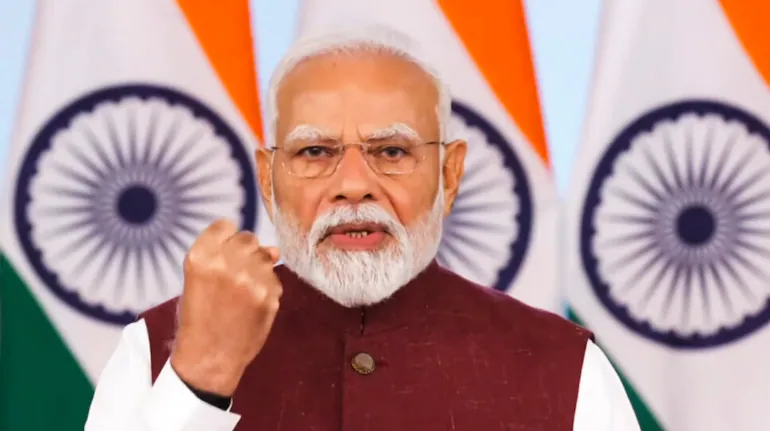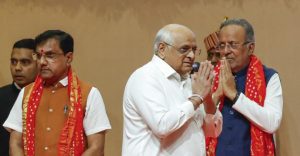In a strong message delivered on May 12, 2025, Prime Minister Narendra Modi declared that India will only engage in future talks with Pakistan if they focus exclusively on two issues: ending cross-border terrorism and the return of Pakistan-occupied Kashmir (PoK). This firm stance marks a clear boundary for any future diplomatic engagement.
Background to the Announcement
The Prime Minister’s statement follows heightened tensions between the two nations, stemming from a deadly terrorist strike in Jammu and Kashmir’s Pahalgam region on April 22, which claimed 26 civilian lives. The attack was attributed to The Resistance Front (TRF), a group linked to Pakistan-based Lashkar-e-Taiba. India has long accused Pakistan of supporting terror outfits, an allegation that Pakistan continues to deny.
In response to the attack, India launched “Operation Sindoor,” a series of precision strikes on terrorist bases within Pakistan’s territory. India also suspended the Indus Waters Treaty, a key bilateral agreement, while Pakistan reacted by suspending the Shimla Agreement and halting trade and airspace access.
Modi’s Message: No Talks Without Action on Terror
Reaffirming India’s hardline policy, PM Modi stated that dialogue cannot proceed while Pakistan continues to shelter terrorist groups. “Terror and talks cannot go hand-in-hand; blood and water cannot flow together,” he emphasized. He further stressed that PoK, currently under Pakistani control, is an integral part of India and must be returned.
Military Operation and Objectives
India’s military response, Operation Sindoor, launched on May 7, was a multi-target air and missile operation aimed at neutralizing terrorist camps in Pakistan-administered Kashmir and Punjab province. The operation employed advanced weaponry, including Rafale jets equipped with long-range missiles and BrahMos cruise missiles.
Indian intelligence claims the targeted locations were associated with terrorist outfits such as Jaish-e-Mohammed and Lashkar-e-Taiba. The goal was to disrupt militant infrastructure and send a strong message about India’s zero-tolerance approach to terrorism.
Global Response and Diplomatic Ramifications
The conflict and military strikes have drawn international concern. The United Nations has urged both countries to avoid escalation and pursue peaceful solutions. Several nations, including Iran, have offered to mediate. Others like the U.S., U.K., and Russia have called for restraint and issued advisories to their citizens in the region.
Washington, in particular, has emphasized the importance of reducing tensions between the nuclear-armed neighbors and stressed the need for constructive dialogue—something India is now making conditional on specific security and territorial demands.
Strategic Shift in India’s Policy
Modi’s speech reflects a major shift in India’s approach to its neighbor. By drawing clear red lines—no talks without dismantling terrorist infrastructure and returning PoK—India is recalibrating its diplomatic strategy. The focus is no longer on broad-based discussions, but on specific core issues directly affecting national security and sovereignty.
This approach also aims to signal to the global community that India is serious about defending its interests while remaining open to diplomacy—if the conditions are met.
Looking Ahead
With relations at a critical point, the coming days will reveal whether Pakistan is willing to make concessions or if hostilities will continue to escalate. For now, India’s position is unambiguous: unless Pakistan acts decisively against terrorism and returns Indian territory, no talks will be entertained.
Prime Minister Modi’s declaration redefines the diplomatic roadmap between the two countries, centering the discussion around security and territorial integrity as the only priorities moving forward.





More Stories
U.S. Congress Warns Trump: Tariffs on India Risk Strategic Partnership
Under‑Construction Tower Collapses in Chennai, Nine Missing After Disaster
From Ice Stupas to Isolation: Sonam Wangchuk Detained Amid Ladakh Turmoil